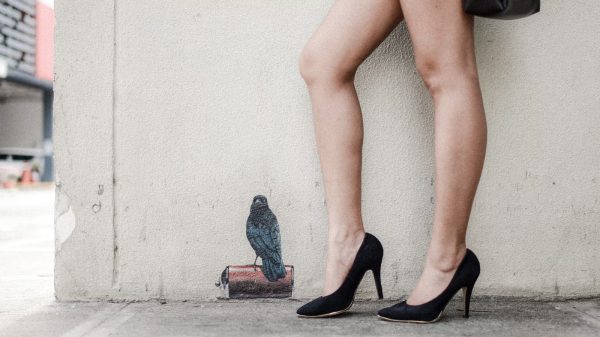Homophobic and heterosexist attitudes of police against the LGBT community has resulted in under-policing when they are victimized, but over-policing in places of leisure – damaging trust between the two parties. This is according to a study that also suggests that the relationship between police officers and LGBT people remains strained across several dimensions.
A new study by Florida Atlantic University and collaborators from Arizona State University and the University of Rhode Island examines the relationship between procedural justice (fairness and perceived respect of the police-citizen encounter) and perceptions of police legitimacy (willingness to recognize police authority) among a historically marginalized population.
“LGBT people often found themselves in trouble with the law for a variety of reasons like criminal laws against sodomy or dressing in ‘drag.’ Police regularly raided LGBT bars and charged patrons with lewdness,” said Lisa M. Dario, Ph.D., lead author and an assistant professor in the School of Criminology and Criminal Justice within FAU’s College for Design and Social Inquiry in the US. “While there is a lot of research on the LGBT community’s relationship with police, there is scant research on how they perceive police legitimacy and what predicts their willingness to obey, cooperate, and recognize police authority.”
For the study, the researchers set out to test two hypotheses: greater perceptions of procedural justice would predict greater levels of police legitimacy; and lesbian women would report lower levels of legitimacy compared to other groups.
Results, published in the Journal of Homosexuality, confirm their first hypothesis that procedural justice and legitimacy are positively related. For their second hypothesis, however, they found mixed support. As they predicted, lesbian, bisexual and transgender females reported significantly lower levels of police legitimacy than heterosexual cisgender women and gay males. They speculate that this may be a result of lesbian, bisexual and trans women experiencing both sexism and homophobia, which, in turn compounds the amount of minority stress that they experience. Conversely, they did not find a significant difference in perceptions of police legitimacy between heterosexual men and lesbian women.
Other findings show that race, age, gender, and relationship status were not significant predictors of police legitimacy. Yet, in the first study model, Hispanic ethnicity was. Surprisingly, Hispanic respondents reported greater perceptions of police legitimacy compared to non-Hispanic respondents. Historically, blacks and Hispanics in general have more negative views of police than wites. Self-identifying as LGBT did not significantly lower perception of police legitimacy compared to non-LGBT respondents.
“Studying the views of this often-invisible segment of society is necessary to highlight the areas where law enforcement needs to improve in order to positively affect their legitimacy and, ultimately, citizen compliance,” said Dario. “If officers believe they will be caught and punished for behaviors that violate formal policies, then they will be less likely to engage in such behaviors. Moreover, crime in all its diversity would be more effectively combatted if more LGBT people could have greater trust and confidence in the police.”
Study co-authors are Henry F. Fradella, Ph.D., a professor and associate director in the School of Criminology and Criminal Justice at Arizona State University; Megan Verhagen, a graduate research assistant at Arizona State University; and Megan M. Parry, Ph.D., an assistant professor of criminology and criminal justice at the University of Rhode Island.

































































